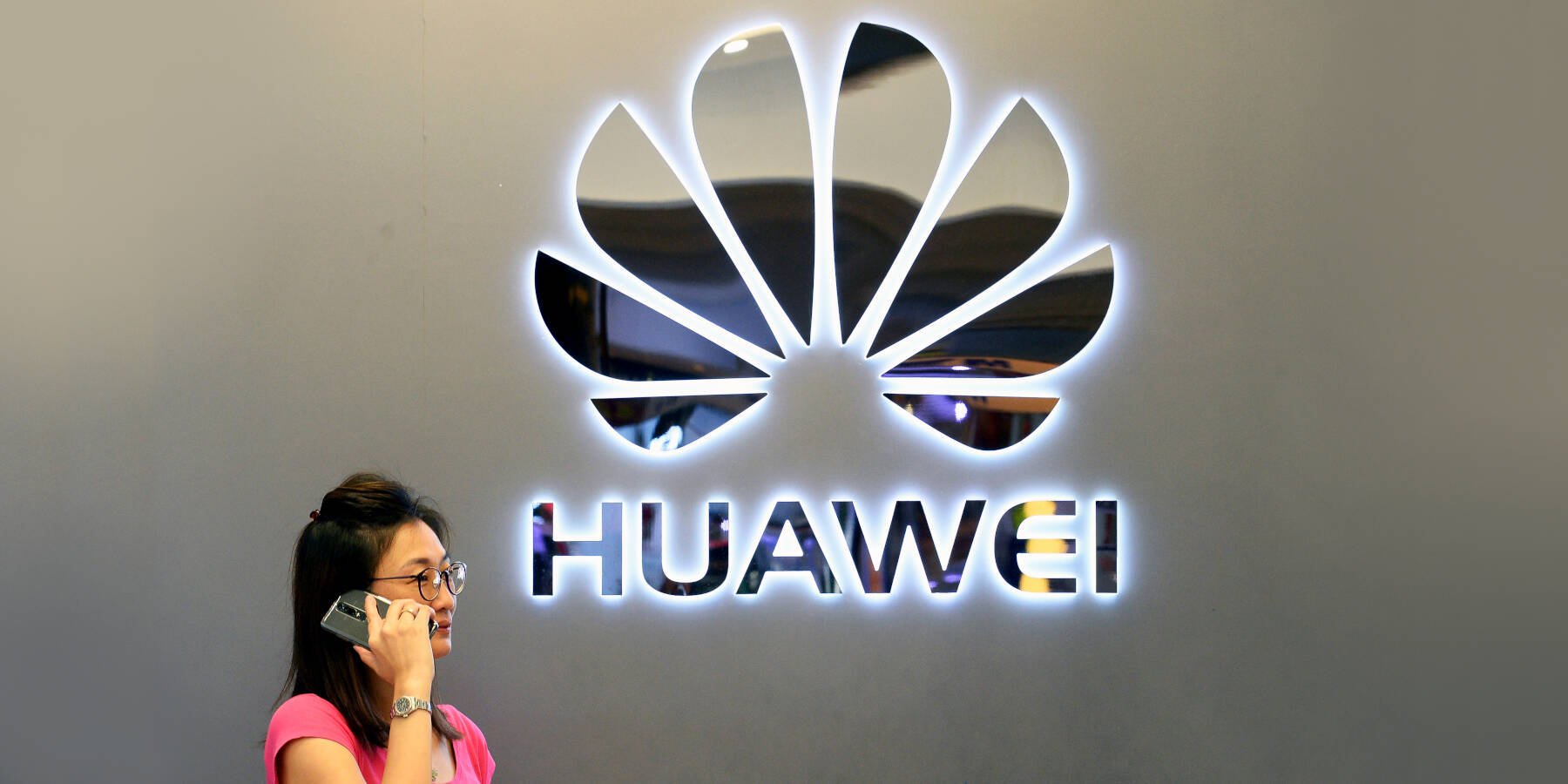Huawei Handed 2,596,148,429,267,413, 814,265,248,164,610,048 IPv6 Addresses

Huawei has been allocated 2.56 decillion IPv6 addresses by regional internet registry the Asia Pacific Network Information Center (APNIC). That's a lot.
The allocation is the largest ever made by APNIC, and saw the registry apply to the Internet Assigned Numbers Authority (IANA) for a second /12 block of IPv6 addresses to meet Huawei's needs.
A /12 block comprises 83,076,749,736,557,242,056,487,941,267,521,536 addresses – 83 decillion of 'em. A single decillion is 1033.
Huawei's allocation is a /17 block, so a mere subset of that.
The entire IPv6 number space has 2128 addresses – over 340 undecillion, plus about 282 decillion and plenty of nonillions, octillions and septillions more. A single undecillion is 1036. Some are reserved or impractical to use for various reasons.
RIPE NCC, the RIR for Europe and the Middle East, advises 18 quintillion are available.
These are unimaginably large numbers.
Huawei's allocation is therefore both colossal and also a drop in the vast ocean of IPv6.
- TSMC reportedly cuts off RISC-V chip designer linked to Huawei accelerators
- Huawei's farewell to Android isn't a marketing move, it's chess
- Huawei releases data detailing serverless secrets
- China trains 100-billion-parameter AI model on home grown infrastructure
Do not assume Huawei has decillions of devices to connect, though – or ever will.
As the Internet Society pointed out in 2001, it's not always practical to use every address in a range. But with Huawei and APNIC holding decillions of them in hand, even if mere sextillions are used – each of which is one thousand million million million - an awful lot of devices can have unique IPv6 addresses
APNIC's post about the allocation states Huawei sought it to support "global deployment of cloud services and content distribution."
China promotes use of Internet of Things devices – it already has a couple of billion online and plans to top 30 billion in coming years. Huawei cloud operates 39 33 regions, so presumably has lots of physical and virtual machines that could use an IPv6 address. Another indicator of the scale of computing in China is the nation's plan to migrate five million racks full of kit to get them closer to sources of renewable energy.
But even all that kit will hardly make a dent in Huawei's new trove of IPv6. A content delivery network with a unique address for every device on Earth might leave a mark.
We've asked Huawei why it needed all those IP addresses. It hadn't responded at the time of publication. ®
Blocknote
FYI, ARIN, the American RIR, allocated the US bank Capital One 2630::/16 in October last year. That's twice the size of Huawei's allocation, and what we understand is not only ARIN's largest allocation to date but also globally.
From Chip War To Cloud War: The Next Frontier In Global Tech Competition
The global chip war, characterized by intense competition among nations and corporations for supremacy in semiconductor ... Read more
The High Stakes Of Tech Regulation: Security Risks And Market Dynamics
The influence of tech giants in the global economy continues to grow, raising crucial questions about how to balance sec... Read more
The Tyranny Of Instagram Interiors: Why It's Time To Break Free From Algorithm-Driven Aesthetics
Instagram has become a dominant force in shaping interior design trends, offering a seemingly endless stream of inspirat... Read more
The Data Crunch In AI: Strategies For Sustainability
Exploring solutions to the imminent exhaustion of internet data for AI training.As the artificial intelligence (AI) indu... Read more
Google Abandons Four-Year Effort To Remove Cookies From Chrome Browser
After four years of dedicated effort, Google has decided to abandon its plan to remove third-party cookies from its Chro... Read more
LinkedIn Embraces AI And Gamification To Drive User Engagement And Revenue
In an effort to tackle slowing revenue growth and enhance user engagement, LinkedIn is turning to artificial intelligenc... Read more

